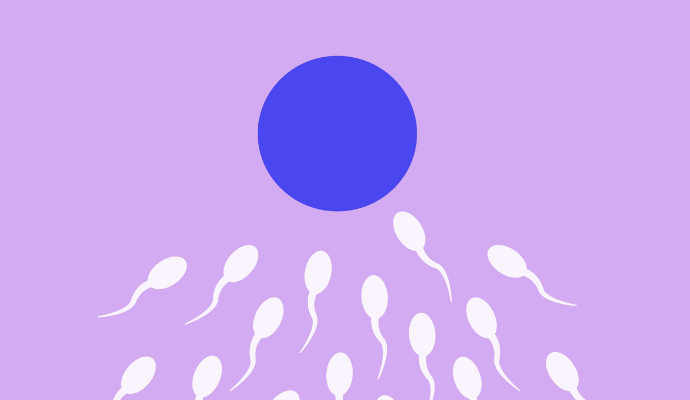Decline in Male Reproductive Health Linked to Environmental Health Exposures
One study found an abundance of FDA-regulated chemicals linked to declining sperm counts in male urine samples.

Source: Getty Images
- A study published this month in the Environmental International Journal found chemical exposure in exceedance of acceptable limits among a group of 98 men, threatening male reproductive health and possibly contributing to declining sperm counts. The urinalysis of 98 Danish men found excessive amounts of bisphenols (BPAs), paracetamol, polychlorinated biphenyls (PCBs), and phthalates, all of which pose a risk to reproductive health.
A small group of subjects included in the study had combined exposure to 9 chemicals 100 times the level of tolerable exposure. Researchers conducting the study concluded that semen quality was likely to deteriorate due to the high level of exposure found in study participants.
Worsening environmental health conditions like those found in the investigation have coincided with a rapid decline in global sperm counts. A review published in 2017 analyzed screenings and primary data over 30+ years and found that mean sperm counts had declined by 1.4% annually in Western countries. Over the entire 38-year study period, this equated to sperm counts being more than halved for men in the West.
The FDA regulates the use of chemicals that pose a risk to reproductive health like PCBs, BPAs, and phthalates, but their jurisdiction is limited to maintaining restrictions for use in food packaging and the food itself. The Environmental Protection Agency (EPA) has also established ceilings on acceptable exposure to several chemicals, but they too are constrained in their authority. These checks on power have allowed many known toxic chemicals to persist in the environment at unsafe levels.
The ubiquitous use of these chemicals in the past and present in several consumer products — including plastics, electrical components, and food to name a few — makes them especially difficult to regulate and poses a long-term risk to environmental and public health. As chemicals accumulate in the environment, fertility will likely continue to be affected, possibly leading to a public health crisis down the line.
In vitro fertilization (IVF) is an effective workaround for couples trying to conceive while struggling with reduced male fertility. IVF is the process of manually inseminating an egg in the laboratory, and it is usually only attempted after a couple has failed to conceive for multiple years.
Alfie Health — a startup IVF firm — has begun to develop forms of IVF assisted by artificial intelligence. In their Series A round of funding, the company garnered $22 million to support the development of their mobile app platform and Stim Assist technology that prompts ovaries to produce mature eggs.
Another company — Posterity Health — has introduced its own Project AIM, allowing men to test their sperm quality at home and encouraging early diagnosis of infertility that could lead to improved treatment.
